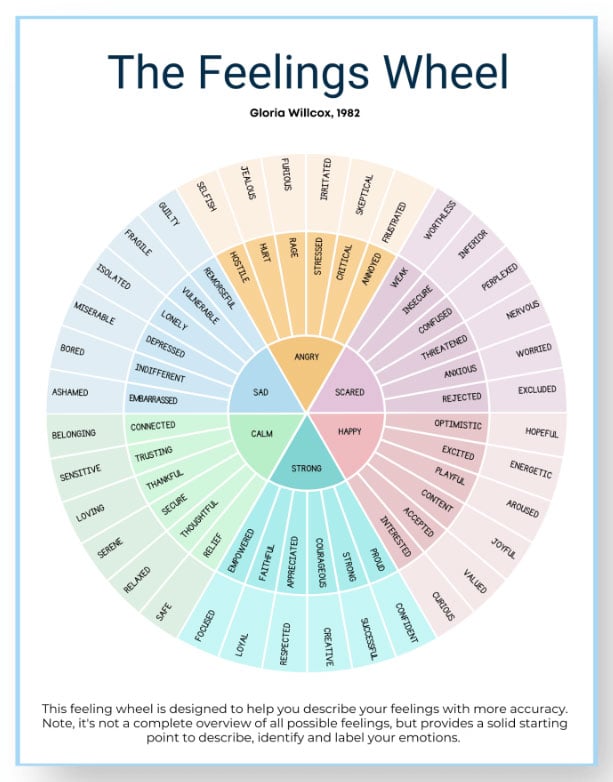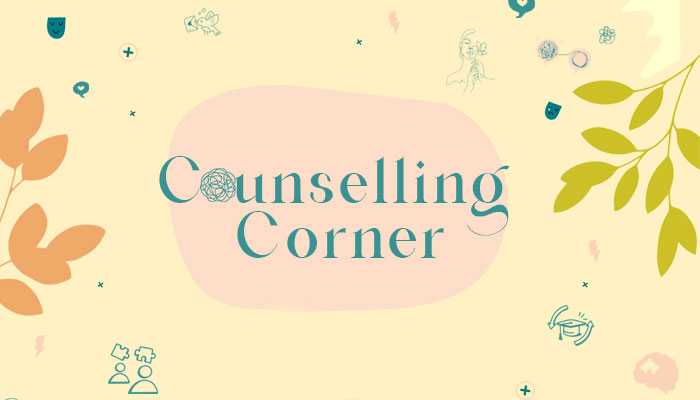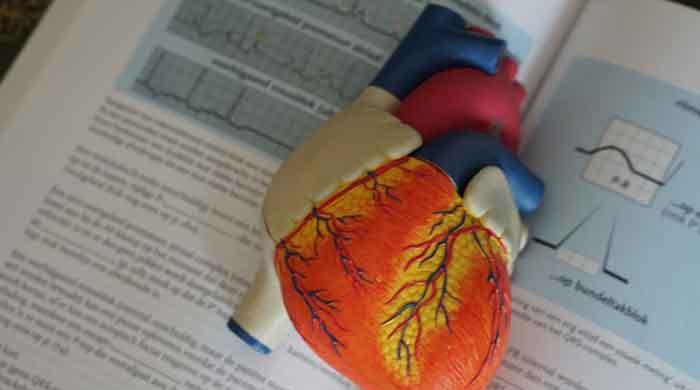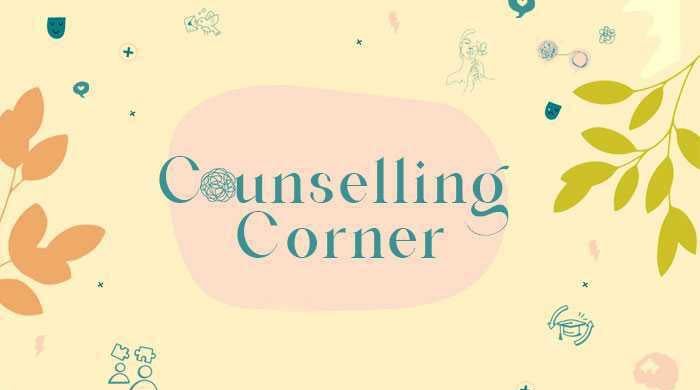'I have anger issues and it's damaging my relationship with loved ones. Help me!'
Short-tempered person asks Counselling Corner how to "respond instead of reacting" in this week's query
January 10, 2024
Dear Haya,
I cannot control my anger. I speak without thinking and my words are often disrespectful. Please share some tips with me, so that I can work on controlling my anger. How do I remove myself from a situation that makes me angry?
I become so hyper that I start breaking things and even physically harming my siblings sometimes. I scream at the top of my lungs, and it takes around 30 to 40 minutes or even an hour for me to get normal after which I feel guilty for my actions and apologise. I've been trying to change this habit for a while, but after every two or four days, I lose control again and repeat the same actions.
I want to learn how to respond instead of reacting, as this behaviour is damaging my relationships with my loved ones. Please also note that I have experienced traumas and struggle with anxiety. I hope you will help me find a solution to help control my anger.
Please help!

Dear reader,
I appreciate you reaching out and acknowledging the challenges you're facing with anger. It takes courage to recognise the impact of one's behaviour on relationships and a willingness to seek change.
Anger is just like any other emotion — it's trying to tell us something important. It often comes from unmet needs or things we're not paying attention to. Take a moment to think about what your anger might be telling you that you are not paying attention to. Which need of yours is going unmet?
Get curious about it.
A lot of your answers are within your query itself. You have written about experiencing traumas and struggling with anxiety. To heal and understand yourself, I would encourage you to work through your experiences, understand what your unmet needs are and work towards meeting them in a healthy manner.
Let's take a look at some of the things you can do :
First and foremost, cultivating a sense of self-awareness. As mentioned above, getting curious about yourself, about your behaviour. Asking yourself "What makes me feel the way I do? What makes me into the person I am today? What makes me behave the way I do?"
Notice I haven’t used the word “why”. Instead, we look at what. "Why" pressurises us while looking at ourselves from a lens of criticism. What enables us to look at ourselves from a lens of compassion and curiosity?
Secondly, work on your triggers. Reflect on situations and events that trigger your anger. For us to respond vs react we must first know and understand what is making us feel that way in the first place and triggering us. How does it make you feel? What triggers you? Our triggers are our teachers often signalling towards unmet needs. You asked about finding ways to remove yourself from the situation. How about you ask yourself: "How do I work through this situation?".
Moreover, I encourage you to practice assertive communication with compassion. Own how you feel and remind yourself you are working towards becoming a better you and communicate the same to your loved ones.
Next — while you work on your anger — I encourage you to develop a basket of personalised coping mechanism strategies. For example, when you find yourself getting triggered, remove yourself from the space you are in, perhaps take a walk, change the room you’re in, and get in the habit of practising conscious breathing. The breath allows us to re-centre ourselves and come back to the present moment. Deep, slow breaths can help activate the body's relaxation response and provide a space for clearer thinking.
I would highly encourage you to seek professional support from a therapist, they will not only aid you in working through your anger but will also aid you in working through your past traumas and anxieties.
Develop a support system where you surround yourself with a supportive network of friends and family, where you feel safe in sharing your struggles.
Last but not least, we often forget the most basic of things — to practice self-compassion with ourselves. In this entire process, learn to be kind and patient with yourself — you are unlearning and re-learning a lot of things that take time.
Below, I have highlighted “The Feeling Wheel” by Gloria Wilcox.
It is a visual representation of different emotions, aiding us in understanding our emotions and giving us clarity on what is going on within.

The wheel is typically divided into three or more layers, with the outermost layer containing broad emotional categories and the inner layers breaking down these categories into more specific emotions. This will aid you in identifying how you’re feeling with more precision.
I see your anger as a calling to yourself. Perhaps it is time for you to work through and let go of what no longer serves you.
I wish you the best on your healing journey — the journey of the self Is the most fulfilling journey we will ever go on.

Haya Malik is a psychotherapist, Neuro-Linguistic Programming (NLP) practitioner, corporate well-being strategist and trainer with expertise in creating organisational cultures focused on well-being and raising awareness around mental health.
Send her your questions to [email protected]
Note: The advice and opinions above are those of the author and specific to the query. We strongly recommend our readers to consult relevant experts or professionals for personalised advice and solutions. The author and Geo.tv do not assume any responsibility for the consequences of actions taken based on the information provided herein. All published pieces are subject to editing to enhance grammar and clarity.













